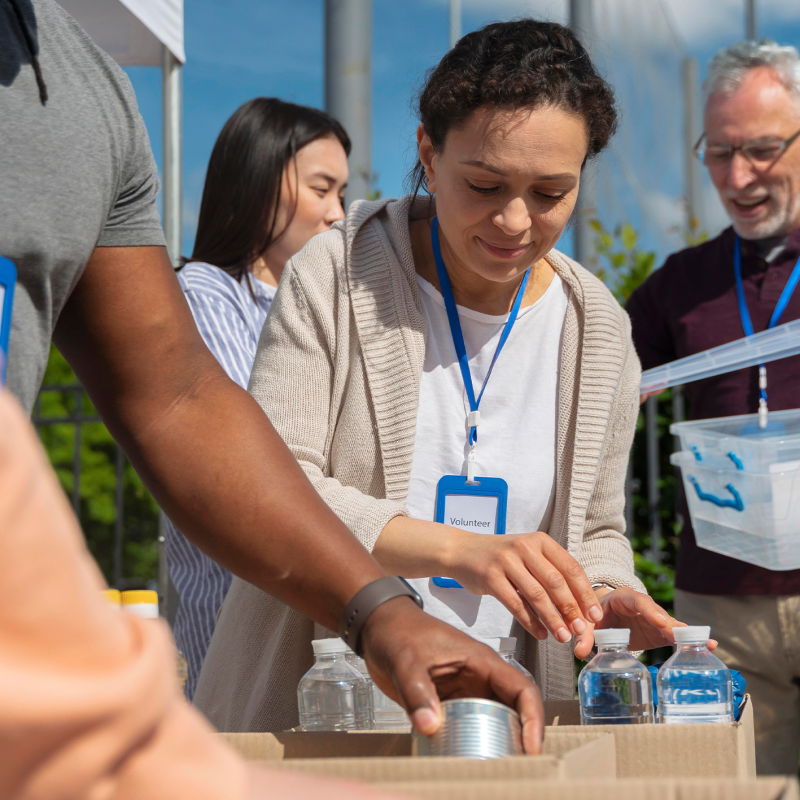about us
How We started
The COVID-19 pandemic has caused widespread disruption to daily life, leading to increased stress, anxiety, and depression. People are facing unprecedented challenges such as social distancing, quarantine, and lockdowns, which have created feelings of isolation and loneliness.
Furthermore, the pandemic has caused significant economic instability, job loss, and financial insecurity, which have added to the psychological burdens faced by individuals. These factors have contributed to the escalation of mental health issues around the world, and it is crucial to recognize the need for support during these challenging times.
The pandemic has also had a significant impact on vulnerable populations, including the elderly, children, and individuals with pre-existing mental health conditions. These individuals are at increased risk of experiencing mental health problems due to the pandemic-related stressors and the disruption to their usual routines and support systems.
In response to the pandemic, mental health organizations and practitioners have been offering virtual resources and services to support those in need. Teletherapy, online support groups, and mental health apps have become increasingly popular as people seek help for their mental health concerns.
Governments and organizations worldwide have recognized the importance of addressing mental health concerns during the pandemic and have taken steps to allocate funding and resources to support mental health services and research. This recognition highlights the need for prioritizing mental health support during the pandemic and beyond.
Objective
Using the principles of “preventive medicine”, IDiMH spearhead a paradigm shift from solely focusing on a relief centered model to a holistic, transdisciplinary approach of a social capital model of preparedness and mitigation. It provides 3 main objectives:
IDiMH stands out by acknowledging and highlighting the significance of a diverse and multi-disciplinary team that includes subject matter experts with unique skill sets.

Communication experts

Aviation experts

Spiritual leaders

Chemical experts

Engineers

Academician

Data scientist

Journalist

Geophysicist

First responders

Medical professionals

Others
principles
In preparing for disasters and mitigating their impact, IDiMH also trains and equips volunteers to assist disaster first responders and victims. The group also created the “CJNP Framework” to act as a predictive model on first responders' risk assessment, vulnerability and mental health consequences for more targeted and impactful intervention. We work by holding the below principles :
IDiMH ASSOCIATION
International Association For Disaster Mental Health
© 2021 International Association for Disaster Mental Health (IDiMH) All rights reserved.
